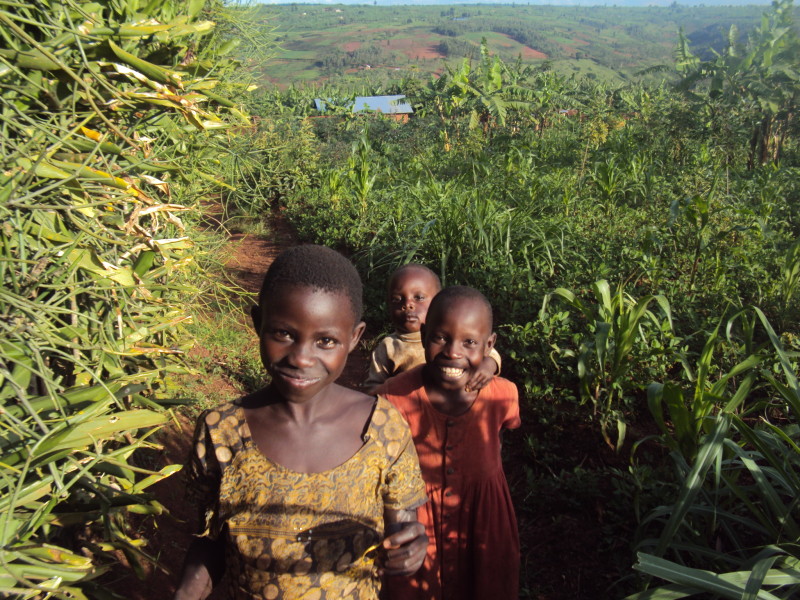MOZAMBIQUE’S RESPONSE TO THE HUMAN RIGHTS OBLIGATION OF THE STATE TO PROTECT CHILDREN FROM SEXUAL ABUSE: CHALLENGES AND PERSPECTIVES
This project seeks to analyse how far Mozambique has moved towards discharging its international legal obligations to protect children from sexual abuse
Supervision: Prof. Dr. Eva Brems
Researcher: Angelo Vasco Matusse
Sponsored by: VLIR-UOS Institutional Cooperation Programme with Mozambique DESAFIO
 The international community recognizes every child’s fundamental human right to protection from sexual abuse and all other forms of maltreatment. The recognition of this right found expression in various international law treaties and documents, which lay down the highest standard of achievement for the protection of children from sexual abuse. States Parties to the 1989 CRC and to the 1990 African Charter on the Rights and Welfare of the Child undertook the obligations to take all kind of measures to protect children from sexual abuse. Despite of these important developments of International Human Rights Law in this field, the vast majority of children, particularly in developing countries (Africa) are still vulnerable to sexual abuse.
The international community recognizes every child’s fundamental human right to protection from sexual abuse and all other forms of maltreatment. The recognition of this right found expression in various international law treaties and documents, which lay down the highest standard of achievement for the protection of children from sexual abuse. States Parties to the 1989 CRC and to the 1990 African Charter on the Rights and Welfare of the Child undertook the obligations to take all kind of measures to protect children from sexual abuse. Despite of these important developments of International Human Rights Law in this field, the vast majority of children, particularly in developing countries (Africa) are still vulnerable to sexual abuse.
The following questions, therefore, arise:
a) What is the significance of the international legal recognition of the human right of children to be free from sexual abuse?
b) How far have the States been responding to the corresponding human rights obligation?
c) Is the said obligation an immediate or progressive? Is it a legally enforceable and justiciable obligation?
These are some of the questions that arise and which are subject of the study that Angelo is working on in pursuance of his Doctorate at Ghent University. Mozambique is used as a case study, even though brief reference to other developing countries is made.